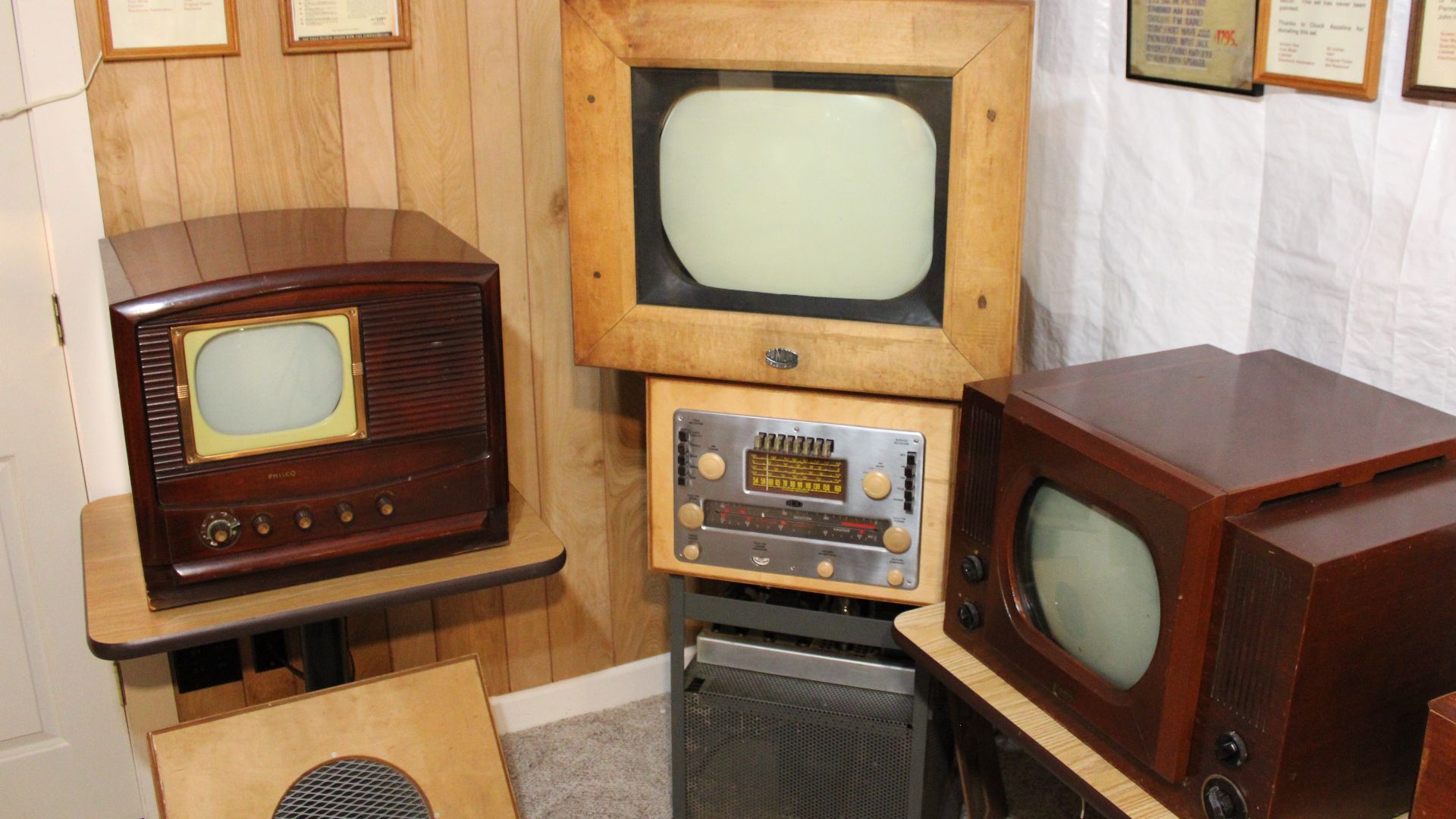Before televisions transformed living rooms into nightly gathering spots, one date sparked the revolution—April 29, 1939. On that day, television stepped out of experimental labs and into the public eye. Some historians, though, argue that April 30 deserves the spotlight instead, as it featured President Roosevelt’s first televised address. But we’ll let you be the judge of that!
Whichever day you choose, the atmosphere was the same—the hum of transmitters and the soft glow of black-and-white screens filling the air. It was the dawn of a new era, the moment entertainment truly went electric.
The Day Signals Turned Into Shows
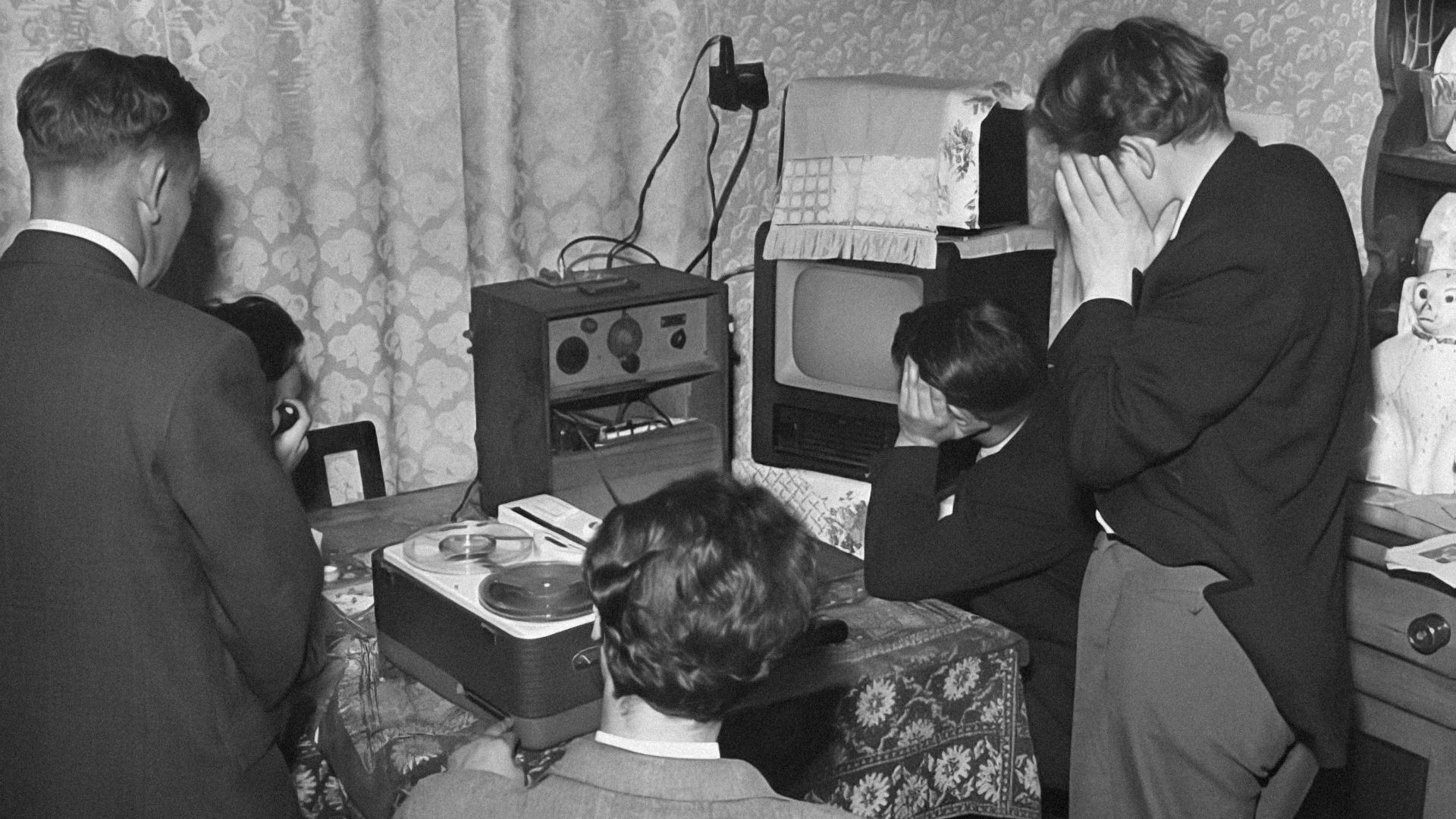 Llyfrgell Genedlaethol Cymru / The National Library of Wales on Unsplash
Llyfrgell Genedlaethol Cymru / The National Library of Wales on Unsplash
On April 29, 1939, NBC made television history. Broadcasting through station W2XBS in New York City (later WNBC), it aired one of the world’s first scheduled public telecasts.
Only a few hundred households owned television sets, but what they witnessed—an orchestra performance, a baseball game, and news reports—proved the technology was ready to enter American homes.
That moment transformed television from curiosity to commercial reality. Broadcasters realized the medium’s potential to reach beyond theaters and radio. The screen might have been small—roughly seven inches across—but it carried an outsized promise of a new way to see the world without leaving home.
The Spotlight At The World’s Fair
The 1939 New York World’s Fair became the first public stage for this dazzling invention. Crowds gathered at RCA’s pavilion in Flushing Meadows to see live demonstrations of electronic television. Just one day later, on April 30, President Franklin D. Roosevelt addressed the nation during the Fair’s opening ceremony. He became the first U.S. president to be broadcast on TV.
Visitors could even walk away with “I Was Televised” souvenir cards after appearing briefly on camera. The whir of equipment and the applause from stunned onlookers captured the sense that the future had arrived. For many, it was the first time technology felt intimate.
Tiny Screens, Big Dreams
By mid-1939, New York stores sold the first consumer television sets, priced around $200 (about $4,500 today). Companies like General Electric and Dumont rolled out models with screens no larger than 7 inches by 5 inches. Owners could tune into roughly 15 hours of weekly programming—mostly sports, news, and test patterns.
Even with such limited content, the excitement was palpable. Families gathered shoulder to shoulder around glowing rectangles, mesmerized by moving figures. Engineers perched transmitters atop the Empire State Building, expanding the signal’s reach and proving that the age of home broadcasting had truly begun.
The Signal Never Faded
Television’s early spark steadily grew through innovation. And competition was a major driver. Still, April 1939 remains the day it stepped onto the world stage. From Roosevelt’s speech to the first commercials years later, the story of television traces back to that flickering black-and-white broadcast in New York.
Today, as streaming and digital platforms battle for your attention, it’s worth remembering where it all started—with a modest seven-inch screen and a nation witnessing moving images for the first time.
KEEP ON READING
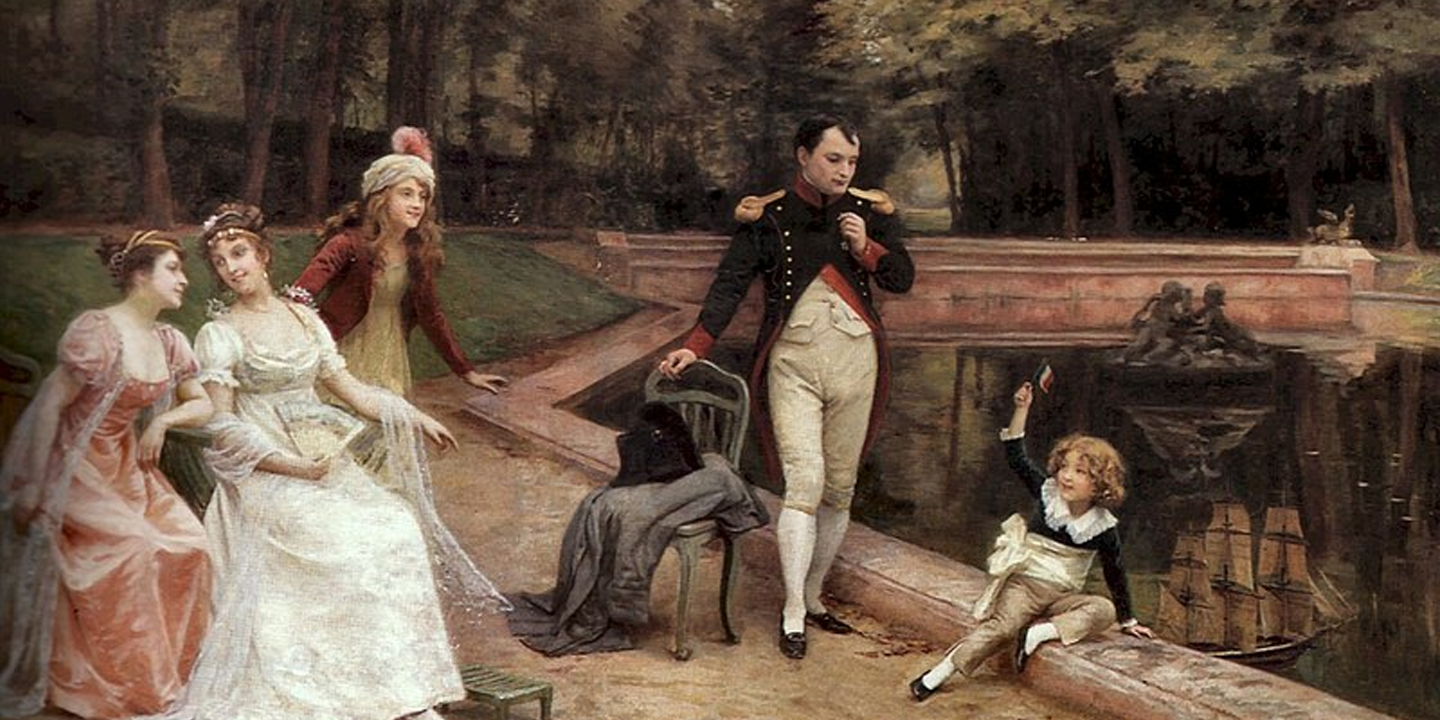
The 20 Most Recognized Historical Figures Of All Time
The Biggest Names In History. Although the Earth has been…
By Cathy Liu Oct 4, 2024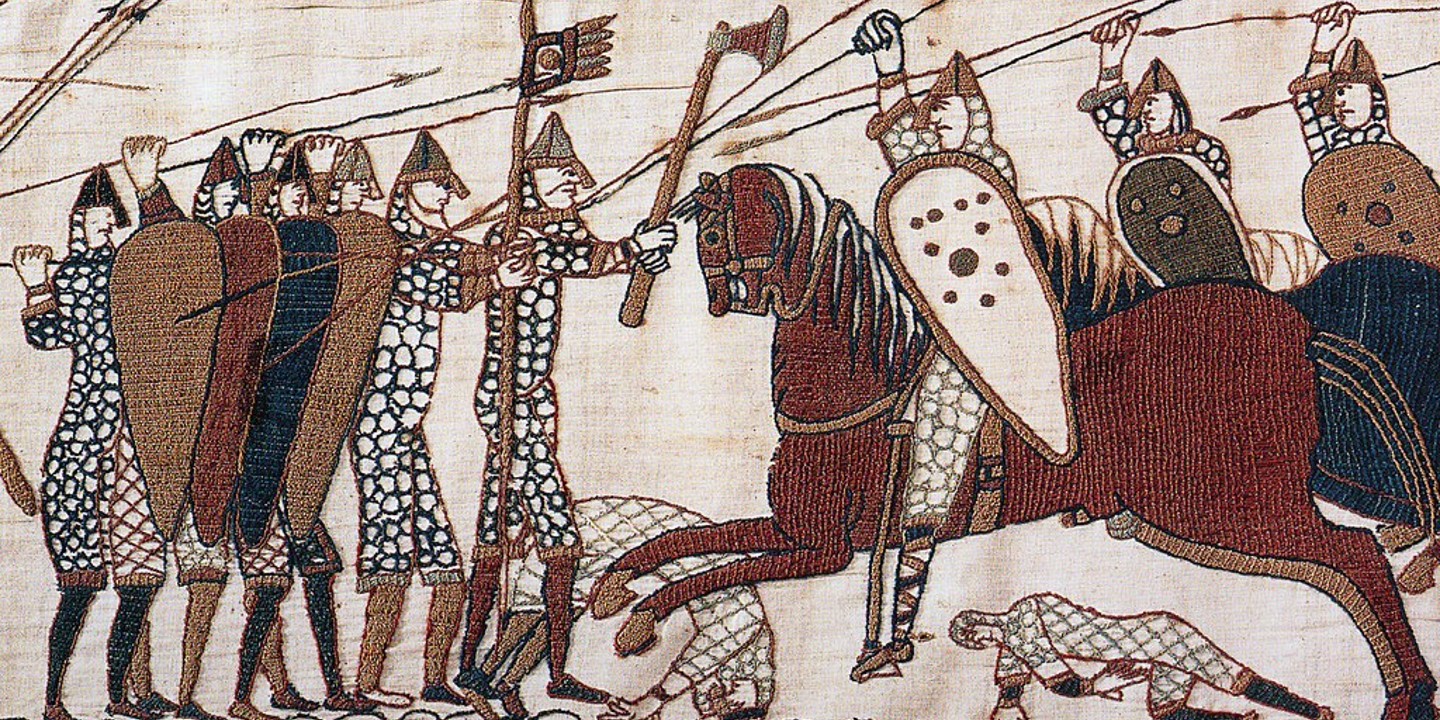
10 of the Shortest Wars in History & 10 of…
Wars: Longest and Shortest. Throughout history, wars have varied dramatically…
By Emilie Richardson-Dupuis Oct 7, 2024
10 Fascinating Facts About Ancient Greece You Can Appreciate &…
Once Upon A Time Lived Some Ancient Weirdos.... Greece is…
By Megan Wickens Oct 7, 2024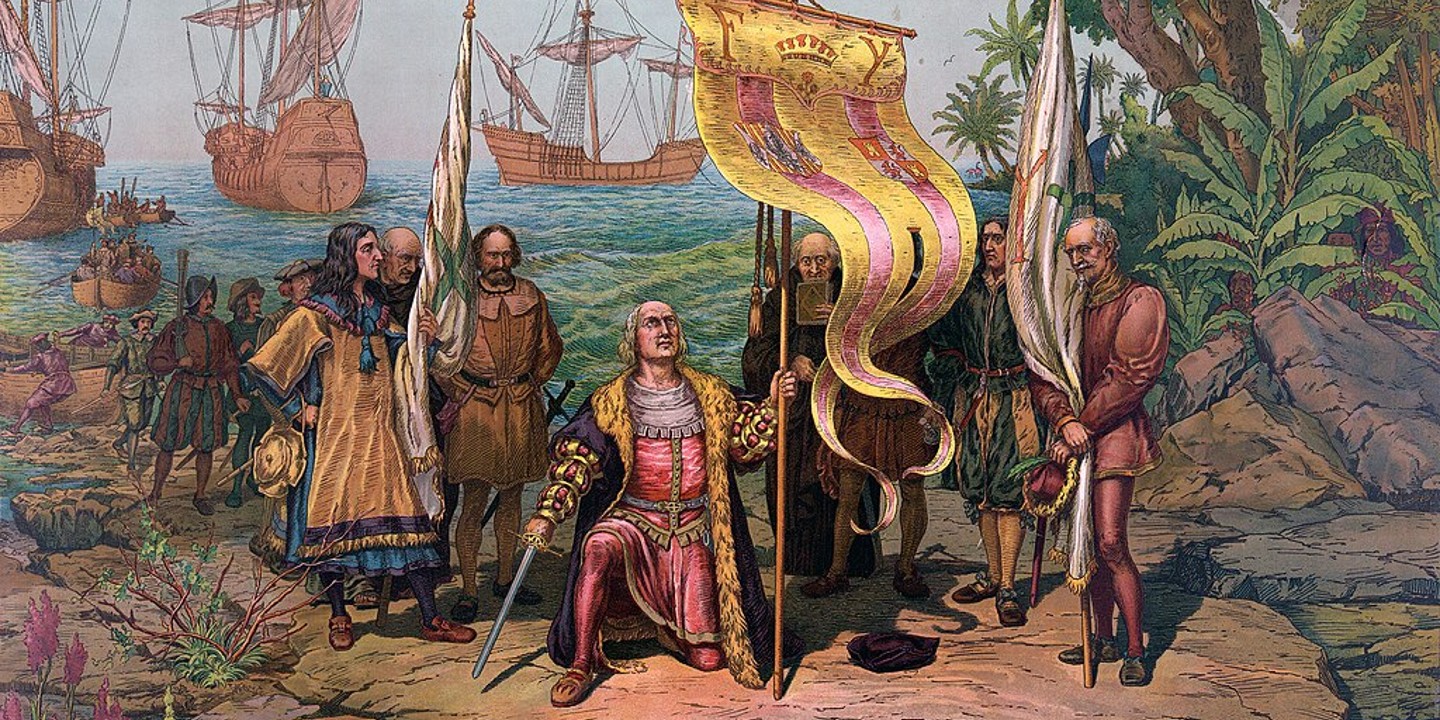
20 Lesser-Known Facts About Christopher Columbus You Don't Learn In…
In 1492, He Sailed The Ocean Blue. Christopher Columbus is…
By Emilie Richardson-Dupuis Oct 9, 2024
20 Historical Landmarks That Have The Craziest Conspiracy Theories
Unsolved Mysteries Of Ancient Places . When there's not enough evidence…
By Megan Wickens Oct 9, 2024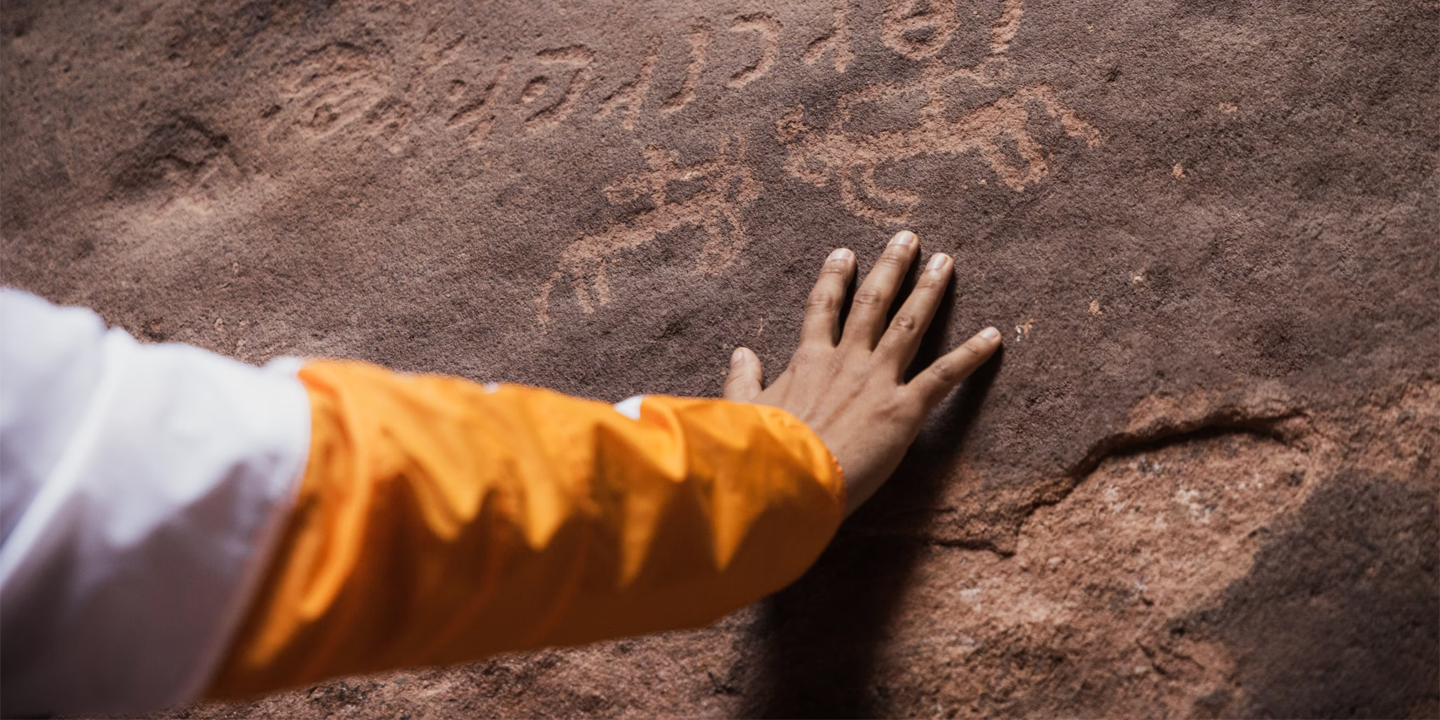
The 20 Craziest Inventions & Discoveries Made During Ancient Times
Crazy Ancient Inventions . While we're busy making big advancements in…
By Cathy Liu Oct 9, 2024

